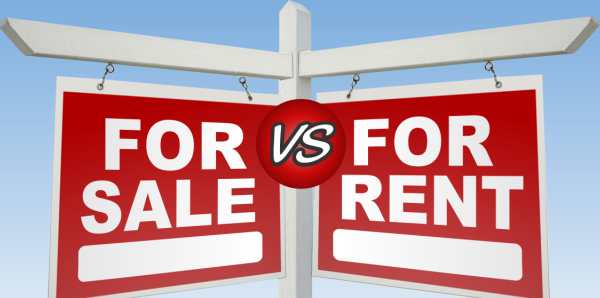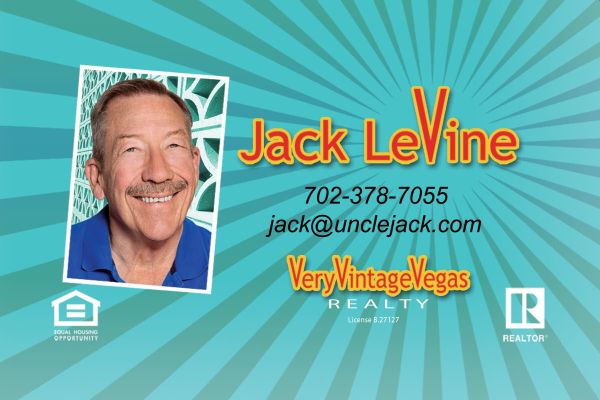Why Do People Want To Own Their Own Home?

We’re going back to the basics. Not the basics of 2005 and 2006…but the basics that were true for hundreds of years before that, and will be true for hundreds of years to come. There’s very good reasons to own a home. No it’s not for everyone, but it’s been part of the American Dream for forever. The basics will reassert themselves at the end of the “housing crisis”.
The most telling thing is, is that I’ve talked to hundreds of people over the last 2 years who’ve lost their homes or were about to lose them. Usually the first question out of their mouth is “how long will it take till I can qualify to be a buyer when all this is over”. The answer is “it depends”. Will you you actually work diligently at rebuilding your credit? Short Selling is better than being foreclosed on. Will there be some sort of “credit score amnesty” for those who lost their homes, but paid all their other bills on time? Regardless, it will be at least 2 years, and maybe more.
It’s been a hair raising, insane roller coaster ride for the last 5 years. We know now that it really was a real estate bubble. Outrageous increases in prices, to an unsustainable level, and then the inevitable crash.
There’s an historic line of average home prices that mirrors average incomes and costs to build. It’s a level of expectation that a given person or family has about what size, shape, features and location of home they can have depending on their station in life, i.e. household income. The peak of the bubble was incredibly far out of the narrow range of that average home price line. Today’s “give-away” pricing to clear out the bank owned inventory is equally below the line.
A one income, 15 dollar an hour person (30,000/year) was traditionally an entry level buyer. They could afford a 90,000 condo, or a very small house in a lesser neighborhood or part of town. It was a good place to start. An extra 5 dollars or more an hour or a part time job, or a 2nd income could qualify them for an entry level home somewhere between 120,000 and 180,000. That’s the typical 3 or 4 bedroom, 1200 to 1600 foot home in a decent, respectable neighborhood.
Bigger houses, even better neighborhoods, swimming pools, etc required more income. The motivation of getting ahead, and the proof of that success was often measured by an improving standard of living. That basic was what got thrown during the bubble. Easy money gave one a pass to the front of the line.
The little hand written graphic is how I’ve been telling the story for many months now. The future dotted line is reality. ‘04 to ‘06 wasn’t reality, and neither is ‘06 to the present, or now until we get back to that line. The line is true “fair market” value based on incomes and costs to construct. Reality will re-assert itself. It always does. Will it take another year or two or five? That’s the big question.
If we take out of the equation the insanity of using home prices as a way to QUICK profits and just look at home ownership as a rational, sane, SLOW path to retirement and security, then it all makes sense. What we have now is an opportunity to acquire a property at below fair market value. Yes, it’s “current value” during the resolution of the crisis, but the homes are much lower than “fair market”. That’s why it’s worth it to play the crazy game that we’re in right now.
But there’s other reasons people own homes.
A Fixed cost of living is one. Fixed mortgage rates and payments create stability. Sure, there will be minor fluxuations in taxes or insurance, but the payment is known, and the normal qualifying process requires that it be affordable. Normal qualifying doesn’t allow you to be “house poor”. Homeowners aren’t subject to “rent increases”, or changes in management or ownership of the rental property.
You won’t have to move unless you want to. Many renters that I’ve sold homes to in the last 20 years bought because they were tired of being forced to move when the landlord sells the property or stops maintaining, or decides to move back in. Recently, many tenants have been forced out because of the landlord being in foreclosure himself. NOT TO TENANTS: Ask your landlord for proof that he’s not in foreclosure, and before you sign a lease and move in — ASK FOR PROOF that payments are current!
Pride of ownership. You can paint it your colors, plant the yard the way you want. Fix it up to your taste. Change it, face lift it, add value, make it more livable for yourself, and more valuable when you’re ready to sell it.
It’s a forced savings account. You don’t have to stay in the same home for 30 years, but at the end of the string of properties should be a paid off mortgage. That will allow you to retire with your cost of housing being just taxes and insurance, and maintenance.
If you never sell them as you move up in standard of living, then eventually you could retire with several or many paid for houses that could provide a large income for retirement. That’s the ideal plan if you’ve got the stomach for and enough aspirin to be a landlord.
Tax advantages. Our Tax code is totally stacked in favor of home ownership. Deductibility of interest, taxes, capital gains treatment, etc are all factors that affect the true cost of ownership. With tax savings factored in, when prices are in line with income, it’s always cheaper to own than to rent. With the $8000. tax credit in play at the moment, it’s even more so.



